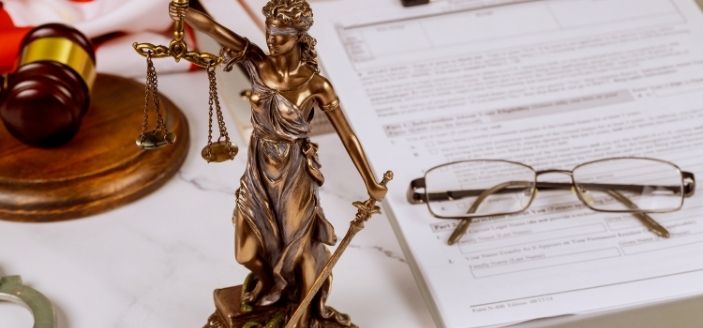18 Jul Latches in taking legal steps

Latches in taking legal steps
by George Coucounis
“The defence of latches must state the adverse effect on the defendant”
Taking legal steps on time in order to pursue a right protects the plaintiff from the defence of the statutory limitation and latches when it adversely affects the defendant’s rights. Invoking the doctrine of latches and delay is a defence provided the defendant raises the issue in his defence and pleads adverse effect or consequences because of it. The plaintiff is judged as to whether he is considered to have abandoned or waived his right due to the delay on his part in a manner that he is no longer entitled to any remedy. The Court in the exercise of its discretion will consider whether the defendant is affected due to the delay and if it is no longer fair to allow the plaintiff to pursue his claim. The doctrine of latches or acquiescence or estoppel may also arise in claims involving property rights if the intervening circumstances affect the defendant.
The importance of the doctrine of latches is indicated in the judgment issued by the Supreme Court in joint Civil Appeals on 28.6.2022, whereby it examined the defendants’ complaint that the Court of first instance wrongly considered as unfounded their suggestion to dismiss the lawsuits due to latches on the part of the plaintiffs. They alleged that the Court of first instance was wrong in deciding that the delay did not affect anyone’s rights, since it overlooked certain consequential memos and forced sales.
The Supreme Court in its judgment did not accept the aforesaid suggestion of the appellants – defendants, stating that the case law recognises that the excessive delay in instituting an action, creates an estoppel to the granting of the remedy of the law of equity (the doctrine of latches). The issue of latches is examined on the basis of the particular circumstances of each case and, with reference to case law, the Court indicated that where the plaintiff has shown by his conduct that he has waived or abandoned his rights, he is not awarded a remedy. Latches alone is not sufficient to be an obstacle to a remedy. The defendant will have to prove that until the filing of the lawsuit, such actions have taken place that the interest of justice would be served by the exercise of the Court’s discretion in favour of dismissing the requested remedy; that the defendant was adversely affected because of the latches.
The plaintiffs pleaded that they purchased apartments in a building between the years 1980 – 1985 and filed their actions in 2007. Although each of the plaintiffs fully complied with the terms of the sale contracts they signed, the defendants unjustifiably omitted and/or refused to take the necessary steps for the creation of separate registrations and the issuance of the separate title deeds of the apartments. The plaintiffs sought and obtained orders against the defendants to take all necessary actions and steps to secure the certificates and/or permits required by law and to create a separate registration of the apartments owned by the plaintiffs within a certain time and then to proceed with the transfer and registration of the apartments in the name of the plaintiffs.
The Supreme Court emphasized in its judgment that despite the inadequacy of the issue of latches in the pleadings, since there is no allegation in the defence for adverse consequences to the defendants due to the delay, the Court of first instance examined the position of the defendants and correctly concluded that the delay did not affect the rights of anyone, especially the defendants. The reason being that if the lawsuits succeeded and the apartments were transferred to the purchasers, the defendants would be positively affected. The Court of first instance also observed that the defendants were not in difficulty to face the plaintiffs’ case due the time passed.
The Supreme Court added that whether the issuance of an order is justified is different from the inability or difficulty of complying with it. The plaintiffs met the provisions for the issuance of the requested orders and the Court in the exercise of its discretion granted the requested remedy. It does not appear that there was any reason brought to the attention of the Court of first instance which, in the judicial exercise of its discretion, would have allowed the non-issuance of the orders. The memos and forced sales did not encumber the shares of the defendants, especially due to any delay by the plaintiffs, nor was there such a suggestion at first instance. Consequently, the Supreme Court dismissed the appeals of the defendants.